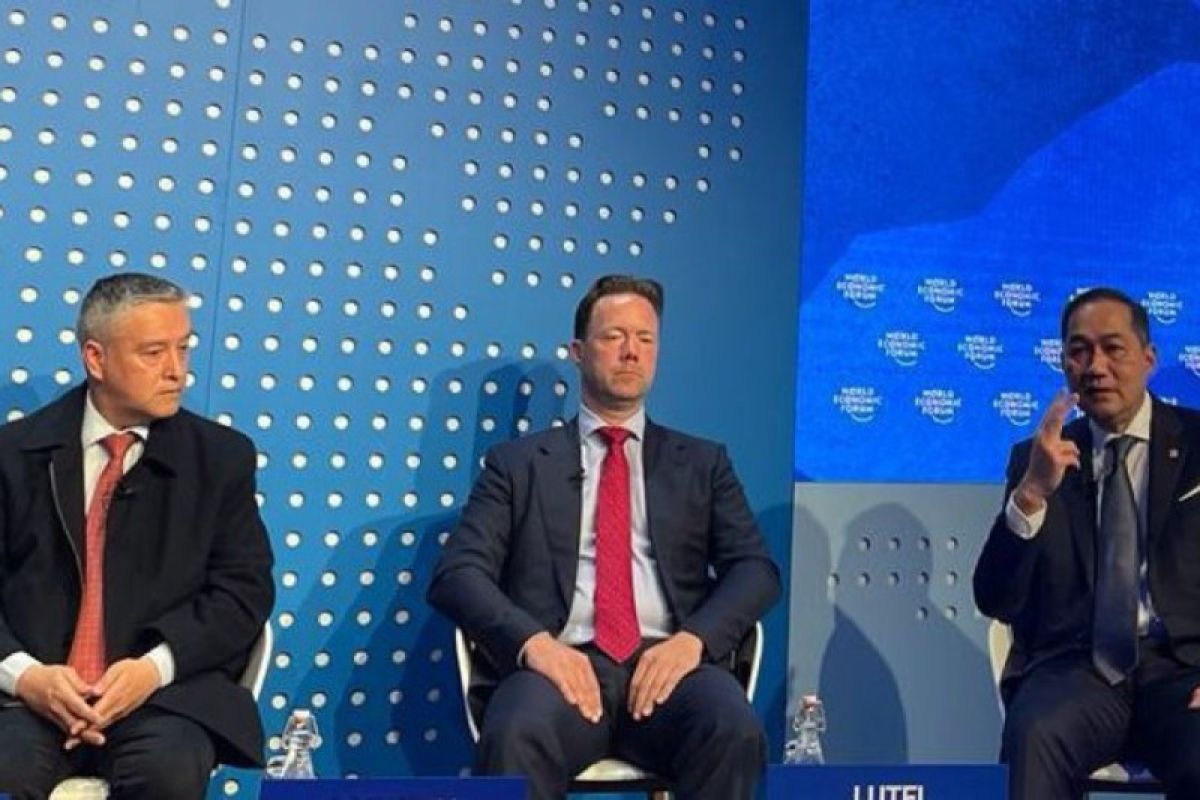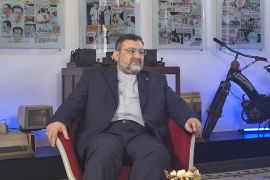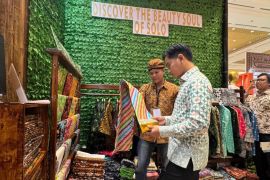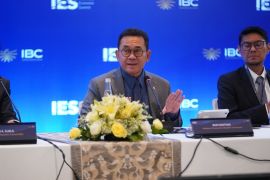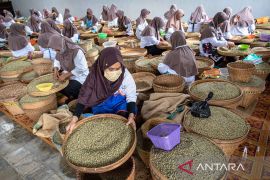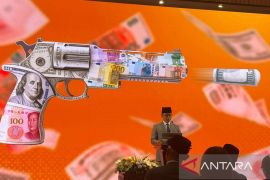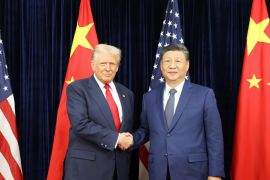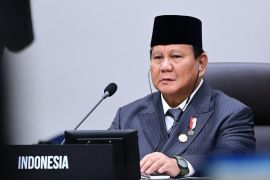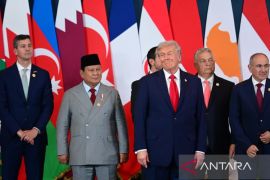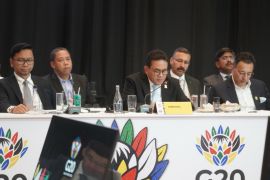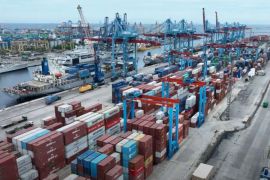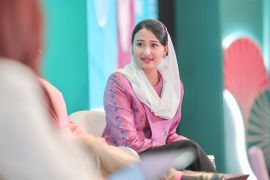Indonesia, under the leadership of President Joko Widodo, stated five years ago that global commodity trade needs to be rearranged because the current dominant structure and system has more disadvantages than advantages.Jakarta (ANTARA) - Indonesian Trade Minister Muhammad Lutfi pressed for global commodity trade rearrangement while addressing a panel discussion held as a side event of the World Economic Forum (WEF) in Davos, Switzerland.
"Indonesia, under the leadership of President Joko Widodo, stated five years ago that global commodity trade needs to be rearranged because the current dominant structure and system has more disadvantages than advantages," Lutfi noted in a written statement on Wednesday.
The minister remarked that communities in large developing countries, such as Indonesia, Brazil, India, and China, particularly reeled from this condition.
Lutfi said several negative and incidental world occurrences, such as the war in Ukraine, actually functioned as a trigger and warning.
Related news: Indonesia targets global economic recovery-centric solutions at WEF
"Hence, the main cause is not the disruption of commodity trade flow that led to high inflation in the rest of the world at this moment," he remarked.
A change in mentality is direly needed to see global free trade as a driver that is inseparable from non-economic factors. The so-called environment, sustainability, and governance (ESG) concept currently serves as the first and main gauge for investors to invest their capital, he stated.
The ESG concept is economic development based on environmental conservation, sustainable development, and good governance.
"We, in Indonesia, believe that full commitment to ESG creates a platform to build mutual need and mutual confidence among countries in the world," he remarked.
However, Indonesia has not remained a silent spectator to a wide range of obstacles to the global trade and economy.
Related news: Ministers discuss current issues with WEF president in Switzerland
As the largest country in ASEAN, which has a population of 600 thousand, Indonesia along with nine other ASEAN nations remain fully committed to eliminating trade obstacles among ASEAN countries as a concrete contribution of the ASEAN to alleviating the global economic burden.
"With ASEAN's full commitment to the application of ESG, we hope that the ASEAN economy would increasingly become integrated into the main global supply chain," he stated.
In short, ESG will become a catalyst and an opportunity for developing countries to become developed nations, he noted.
Related news: Indonesia woos electric vehicle, ICT investors at WEF
Related news: Hartarto talks about energy transition acceleration at WEF workshop
Translator: Sella Panduarsa G, Suharto
Editor: Fardah Assegaf
Copyright © ANTARA 2022
